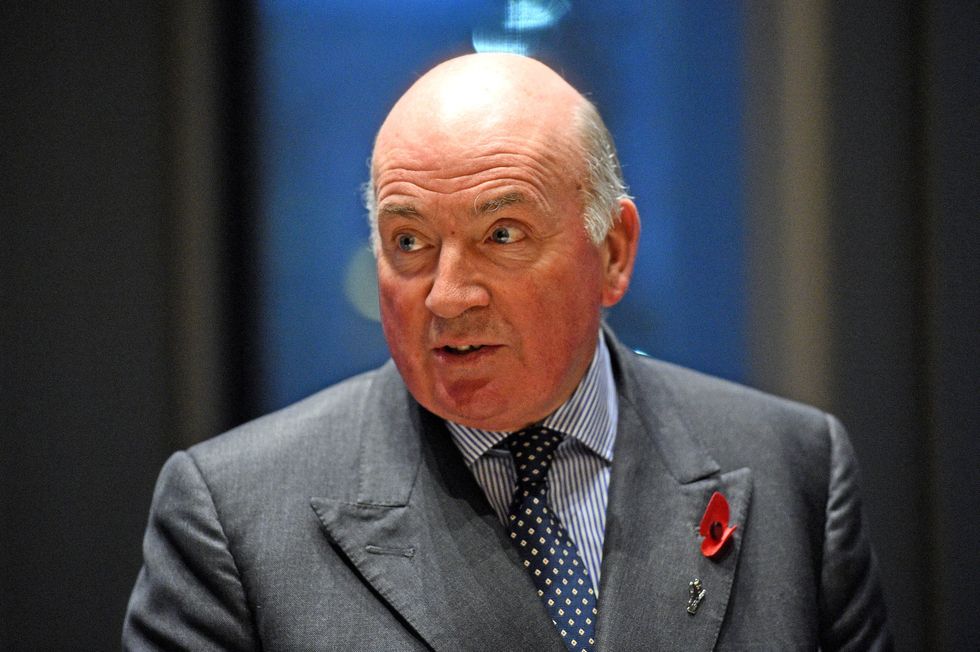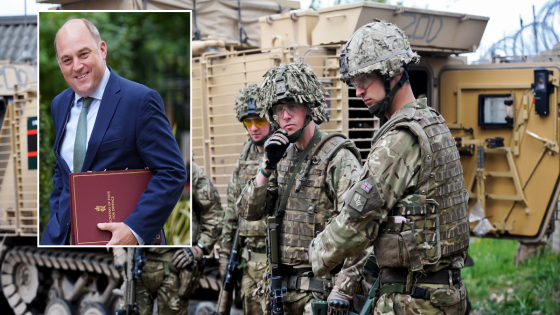Former defence secretary Ben Wallace said he does not believe allowing armed forces recruits to have beards would “fix” the staffing problem.
Earlier this week, the King signed off on the head of the Army’s decision to overturn the 100-year ban on facial hair.
It comes after the Labour Party said that nearly three-quarters of would-be soldiers dropped out of the military’s application process because it takes too long to join.
Now, Wallace has warned against a “quick fix” for the recruitment crisis currently plaguing the armed forces.
Ben Wallace has spoken his concern about the policy
PA
The Member of Parliament for Wyre and Preston North told The Telegraph: “It’s not going to make a difference to recruiting in any way.
“The real issue around recruitment isn’t about beards, it’s about medical conditions that take too long to deal with.”
He added that the biggest threat to recruitment involved “signing up and being called forward…I don’t believe this is a quick fix to recruitment challenges. They lie much more in medical conditions, timeliness and flexibility.”
His comments were echoed by the former head of the army Lord Dannatt, who said the subject of beards was “irrelevant” to improving recruitment.
LATEST DEVELOPMENTS:

General Lord Dannatt
PA
Current defence secretary Grant Shapps directly compared facial hair and recruitment.
He wrote on social media: “With army recruitment being a big priority and a recent YouGov finding most men (54 per cent) now say they currently have a beard or moustache, I asked the Army to formally review the outdated beard ban. Today this sensible change in rules has been made.”
Official figures as unveiled by Labour found that while just over one million people applied to join either the RAF, Navy or Army since 2014, three in four gave up on the process of joining.
This resulted in the Ministry of Defence signing up just over 132,000 people and rejecting almost 170,000.
Lord Dannatt told The Telegraph: “Beards or not are irrelevant to improving the recruitment crisis. The big problem with recruiting is cutting the delay for applications of people starting their training.
“The military needs to go back to recruiting offices on the high street manned by soldiers, airmen, sailors and marines. Applicants were processed quickly then and it was measured in weeks rather than months and, in some cases, years.”
He added: “The old system used to work and we didn’t have a recruiting problem. The critical thing is cutting down the delay between applying and being rejected or accepted. We have lost far too many good applicants because it takes too long.”
Source Agencies



